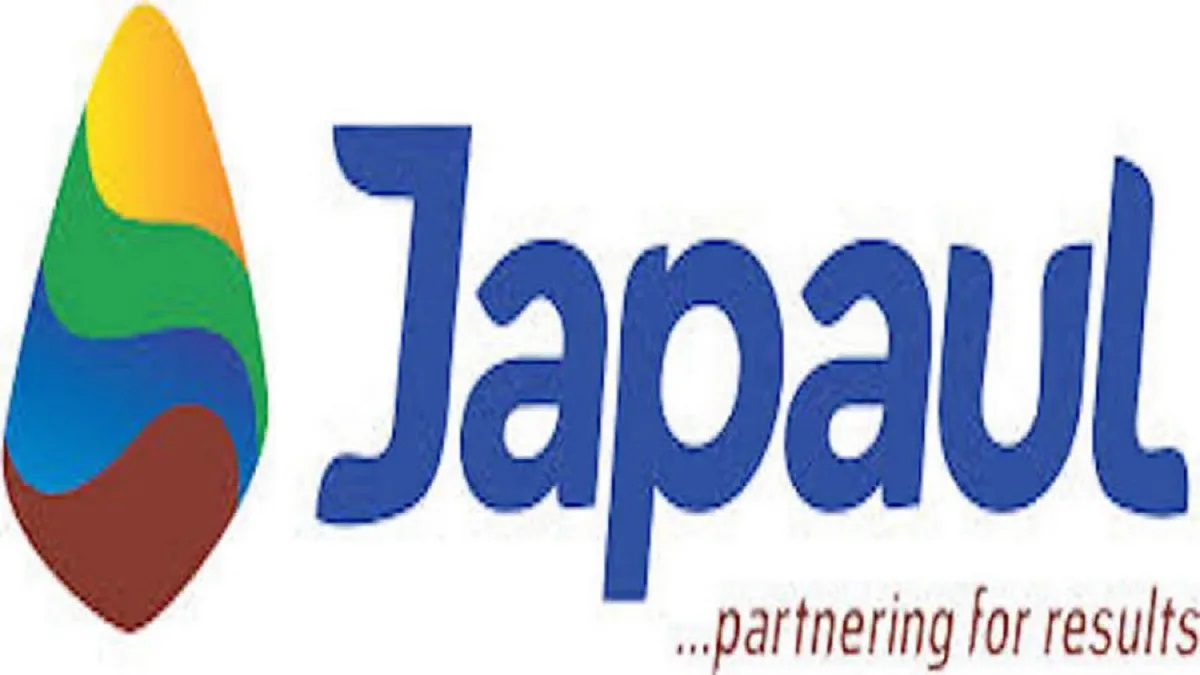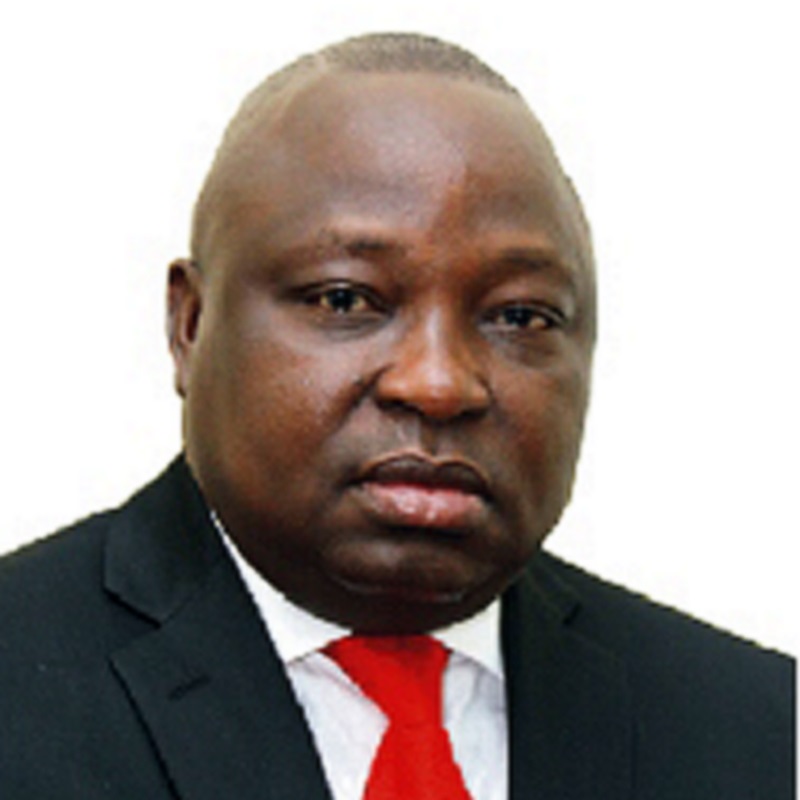Jobs/Appointments
How to Get a Web3 Job Without Coding Experience

The Web3 industry, built on blockchain technology and decentralized systems, is booming, offering exciting career opportunities for professionals from diverse backgrounds. While technical roles like blockchain development often dominate the spotlight, many Web3 jobs don’t require coding expertise.
If you’re passionate about decentralized technologies and want to break into this space without programming skills, this guide will show you how to land a Web3 job. From leveraging transferable skills to building a strong network, here’s a step-by-step approach to securing a non-technical role in Web3.
Why Web3 Needs Non-Technical Talent
Web3 is more than just smart contracts and dApps—it’s a transformative ecosystem reshaping finance, gaming, art, and more. Companies in this space need professionals in marketing, community management, project management, and other non-technical roles to drive adoption and growth.
The Demand for Non-Coders in Web3
The decentralized nature of Web3 projects means teams often operate globally, relying on diverse skill sets to succeed. Roles like content creators, community managers, and business development specialists are in high demand. For instance, remote web3 jobs in marketing or operations are increasingly common, as companies seek talent to bridge the gap between complex technology and everyday users.
Transferable Skills That Shine in Web3
If you’re transitioning from another industry, your existing skills can be a major asset. Communication, problem-solving, and project management are highly valued in Web3. For example, a background in social media marketing can translate into managing a project’s Discord or Twitter presence. Analytical skills from finance or data analysis can apply to roles in decentralized finance (DeFi) operations.
Step 1: Understand the Web3 Ecosystem
Before applying for jobs, you need a solid grasp of Web3’s core concepts, even if you’re not coding.
Learn the Basics of Blockchain and Web3
Start with foundational knowledge about blockchain, cryptocurrencies, NFTs, and decentralized autonomous organizations (DAOs). Resources like Coursera, YouTube channels such as Whiteboard Crypto, or free courses from ConsenSys Academy can help. You don’t need to understand the technical intricacies of Ethereum’s consensus mechanisms, but you should know how Web3 differs from Web2 and why decentralization matters.
Stay Updated on Industry Trends
Web3 evolves rapidly, so follow industry news through platforms like CoinDesk, Decrypt, or Twitter accounts of thought leaders like Vitalik Buterin or Chris Dixon. Join Web3-focused newsletters or podcasts like “The Defiant” to stay informed about market trends, new projects, and job opportunities.
Step 2: Identify Non-Technical Web3 Roles
Web3 offers a variety of roles that don’t require coding but still play a critical part in project success.
Popular Non-Technical Roles in Web3
- Community Manager: Builds and engages communities on platforms like Discord, Telegram, and Twitter.
- Content Creator/Writer: Produces blogs, whitepapers, or social media content to explain projects and attract users.
- Marketing Specialist: Develops strategies to promote Web3 projects, including NFT launches or token sales.
- Project Manager: Oversees timelines, coordinates teams, and ensures project milestones are met.
- Business Development: Forges partnerships and drives growth for Web3 protocols or startups.
Where to Find Web3 Jobs
Job boards like CryptoJobs, Web3.Career, and LinkedIn are great places to start. Many Web3 companies post openings on Twitter or in their Discord communities, so actively monitor these platforms. DAOs often advertise roles on governance forums or platforms like Snapshot.
Step 3: Build Relevant Skills
While you don’t need to code, certain skills will make you stand out in the Web3 job market.
Develop Web3-Specific Knowledge
Familiarize yourself with tools commonly used in Web3, such as crypto wallets (e.g., MetaMask), decentralized platforms (e.g., OpenSea), or collaboration tools like Notion and Discord. For marketing roles, understanding tokenomics or NFT minting processes can give you an edge.
Enhance Transferable Skills
Polish skills that align with your target role. For example:
- Writing: Create engaging content about Web3 topics for a blog or Medium.
- Social Media: Learn how to manage Twitter threads or Telegram groups effectively.
- Analytics: Study Google Analytics or on-chain data tools like Dune Analytics for insights into user behavior.
Consider taking short courses on platforms like Udemy or LinkedIn Learning to boost your expertise in areas like digital marketing or project management.
Step 4: Create a Web3 Presence
In Web3, your online presence is your resume. Building a strong personal brand can open doors to opportunities.
Establish a Twitter and LinkedIn Presence
Twitter is the heart of Web3 conversations. Follow and engage with Web3 projects, share insights, and comment on industry trends. On LinkedIn, optimize your profile with keywords like “Web3,” “blockchain,” and your specific skills (e.g., “community management”). Highlight any Web3-related projects or certifications.
Contribute to Web3 Communities
Join Discord servers or Telegram groups of projects you admire. Participate in discussions, attend AMAs (Ask Me Anything), or volunteer for small tasks. Many Web3 hires come from active community members who demonstrate enthusiasm and reliability.
Step 5: Network in the Web3 Space
Networking is critical in Web3, where trust and reputation drive hiring decisions.
Attend Web3 Events and Conferences
Virtual or in-person events like ETHGlobal, NFT.NYC, or Consensus are excellent for meeting industry professionals. Many conferences offer virtual attendance options, making them accessible. Engage in workshops or hackathons as a non-technical contributor to showcase your skills.
Join DAOs and Contribute
DAOs are decentralized organizations that often welcome contributors in non-technical roles. Platforms like Aragon or Coordinate list DAOs seeking talent. Contributing to a DAO, even in a small way, can lead to paid opportunities and valuable connections.
Step 6: Craft a Winning Application
When applying for Web3 jobs, tailor your approach to the industry’s unique culture.
Customize Your Resume and Cover Letter
Highlight transferable skills and any Web3 knowledge, even if self-taught. For example, mention your experience managing a Discord community or creating crypto-related content. Use industry terms like “DeFi,” “NFTs,” or “tokenomics” to show familiarity.
Build a Portfolio
Create a portfolio showcasing relevant work, such as blog posts, social media campaigns, or community engagement metrics. Host it on a simple website using tools like Carrd or Notion. If you’ve contributed to a DAO or Web3 project, include those achievements.
Step 7: Prepare for Interviews
Web3 interviews often focus on cultural fit and passion for decentralization.
Demonstrate Your Passion
Be ready to explain why you’re excited about Web3 and how your skills align with the company’s mission. Research the project thoroughly—understand their token model, roadmap, and community.
Show Adaptability
Web3 is fast-paced, so emphasize your ability to learn quickly and handle ambiguity. Share examples of how you’ve adapted to new tools or industries in the past.
Overcoming Common Challenges
Transitioning to Web3 without coding experience can feel daunting, but these strategies can help you overcome obstacles.
Addressing Lack of Experience
If you’re new to Web3, focus on transferable skills and self-learning. Completing a Web3 course or contributing to a DAO can quickly build credibility.
Standing Out in a Competitive Market
The Web3 job market is competitive, so differentiate yourself by showcasing niche expertise (e.g., NFT marketing) or a strong community presence. Engage authentically with projects to get noticed.
Jobs/Appointments
Japaul Picks Henry Alakhume as Acting GMD

By Aduragbemi Omiyale
Mr Henry Alakhume has been appointed as the group managing director of Japaul Gold and Ventures Plc, a statement issued on Thursday disclosed.
In the notice signed by the company secretary, Chidimma Okolo, it was stated that the appointment of Mr Alakhume is effective today, February 12, 2026.
He is to fill the vacant position left by Mr Akinloye Daniel Oladapo, who resigned with effect from October 13, 2025, with no reason given for his decision to exit the post.
In the disclosure, it was said that Mr Alakhume would remain in office until a substantive GMD is announced by the organisation.
However, the board expressed confidence in the ability of the acting GMD to steer the ship of the company “during this transition period.”
He was described as an experienced executive director of the firm, who will “ensure continuity in leadership and support the company’s strategic objectives.”
“The board of Japaul Gold and Ventures Plc wishes to inform the Nigerian Exchange (NGX) Limited, its esteemed shareholders, and the general public of the appointment of Mr Henry Alakhume as the acting group managing director of the company.
“Mr Alakhume’s appointment takes effect from February 12, 2026, and he will serve in this capacity pending the appointment of a substantive group managing director.
“Mr Alakhume is an experienced executive of the company and has demonstrated strong leadership and operational expertise in his role as Chief Operating Officer.
“The board is confident that his appointment will ensure continuity in leadership and support the company’s strategic objectives during this transition period,” the statement said.
Jobs/Appointments
VFD Group Appoints Martins Akpore to Oversee Finance, Risk Management

By Adedapo Adesanya
Nigerian proprietary investment company, VFD Group Plc, has announced the appointment of Mr Martins Akpore as Group Head for Centralised Critical Functions (CCF).
In a statement issued on Wednesday, the company disclosed that Mr Akpore would oversee the group’s centralised functions, including Finance, Audit, Risk Management, Credit and Treasury, with immediate effect.
The appointment is expected to bolster VFD Group’s financial governance and strengthen coordination across its subsidiaries as the company advances its expansion and operational efficiency drive.
“We are pleased to announce the appointment of Martins Akpore as Group Head, Centralised Critical Functions at VFD Group Plc. In this expanded strategic role, Martins will lead and oversee the Group’s centralised functions spanning Finance, Audit, Risk Management, Credit, and Treasury, effective immediately.
“Martins brings to this role a strong professional foundation and deep expertise across core financial disciplines, underpinned by his credentials as a Chartered Accountant, Chartered Tax Professional, and Certified Treasury specialist, as well as globally recognised certifications in financial modelling and valuation. He currently serves as Group Head, Treasury, where he has played a key role in strengthening the Group’s financial and capital management capabilities across the ecosystem,” it said.
“In his new capacity, Martins will be responsible for driving cohesive strategy, governance, and execution across the Centralised Critical Functions, ensuring robust risk oversight, disciplined financial operations, and alignment with the Group’s strategic priorities. He will work closely with subsidiary leadership teams to enhance institutional standards, strengthen accountability, and support cross-ecosystem decision making on critical matters,” it added.
Speaking on the appointment, the Group Managing Director, Mr Nonso Okpala, emphasised the importance of collaboration and execution discipline in delivering the firm’s Vision 2026 ambitions. In line with this, Managing Directors and senior leaders across all subsidiaries are encouraged to partner closely with Mr Akpore to ensure alignment, responsiveness, and shared ownership in achieving the organisation’s objectives.
Formerly trading on the NASD Over-the-Counter (OTC) Securities Exchange, VFD Group made an exit in October 2023 and listed on the Nigerian Exchange (NGX) Limited to strengthen its market position, boost visibility, and create more avenues to source cheap funds for expansion and growth.
Jobs/Appointments
Japaul GMD Akinloye Oladapo Resigns as Abubakar Lawal Joins Board

By Aduragbemi Omiyale
The Group Managing Director of Japaul Gold and Ventures Plc, Mr Akinloye Daniel Oladapo, has resigned from the position, a statement on Wednesday confirmed.
It was disclosed that the resignation of Mr Oladapo took effect from October 13, 2025, with no reason given for his decision to exit the position.
However, the board thanked him for “his dedicated service and valuable contributions to the growth and development of the company during his tenure,” wishing him success in his future endeavours.
In a related development, the company announced the appointment of Mr Abubakar Lawal to the board as a non-executive director effective February 10, 2026.
The organisation said this development marks a pivotal moment in its evolution, as it positions itself to capitalise on emerging opportunities in gold exploration, mining technology, and sustainable resource development across Africa and beyond.
The new board member is the co-founder of an investment banking company, GTI Group, with specialities in public sector/corporate advisory, restructuring, and finance. It pioneered a private trading floor in Nigeria and sub-Saharan Africa.
Mr Lawal has, over the last three decades, contributed immensely to the growth and development of investment banking in Nigeria. He has led various landmark transactions, some of which involved corporate restructuring and recapitalisation of publicly-quoted companies like International Breweries Plc, Eterna Plc, Wema Bank Plc, Morison Industries Plc, and state/sub-national accounts, among others.
An alumnus of Harvard Business School, he has a strong finance background, built on international relationships with local expertise. He is value-focused and quick to see diamonds in the rough.
-

 Feature/OPED6 years ago
Feature/OPED6 years agoDavos was Different this year
-
Travel/Tourism10 years ago
Lagos Seals Western Lodge Hotel In Ikorodu
-

 Showbiz3 years ago
Showbiz3 years agoEstranged Lover Releases Videos of Empress Njamah Bathing
-

 Banking8 years ago
Banking8 years agoSort Codes of GTBank Branches in Nigeria
-

 Economy3 years ago
Economy3 years agoSubsidy Removal: CNG at N130 Per Litre Cheaper Than Petrol—IPMAN
-

 Banking3 years ago
Banking3 years agoSort Codes of UBA Branches in Nigeria
-

 Banking3 years ago
Banking3 years agoFirst Bank Announces Planned Downtime
-

 Sports3 years ago
Sports3 years agoHighest Paid Nigerian Footballer – How Much Do Nigerian Footballers Earn











